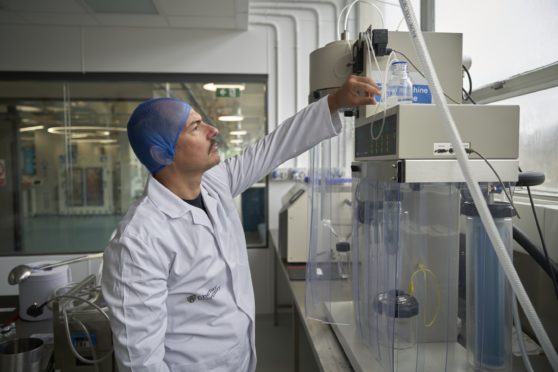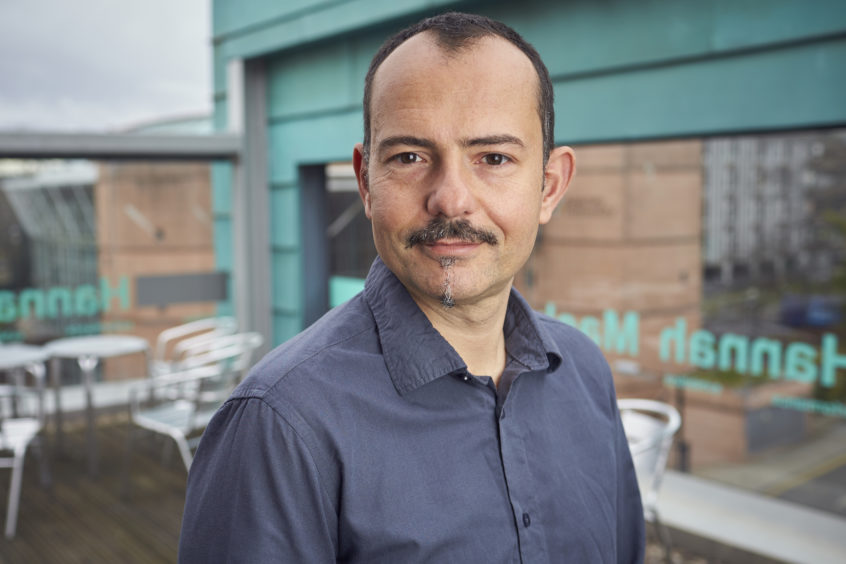Tayside scientists have turned to green tea and olives in the development of a vaping liquid with the potential to cut toxic emissions from e-cigarettes.
Following three years of research, Abertay University academics say their now formula can reduce dangerous chemicals such as formaldehyde by around 75% – or eradicate them completely.
The study findings come as the World Health Organisation is renewing its call for tighter controls on so-called novel tobacco products after evidence suggested worrying numbers of under-agers are turning to vaping.
The Dundee-based researchers drew on chemical and food science expertise to use compounds commonly found in products such as green tea and olives to investigate how they might be used to combat harmful carbonyls normally inhaled by e-cigarette users.
Tests found the addition of polyphenols like gallic acid blocked the chemical reaction chain which leads to the formation of toxic compounds such in e-cigarette vapours.
Carbonyls are the most harmful of the unwanted by-products of burning e-cigarette liquids, with some classified as carcinogens or known to cause irreversible lung damage.
The Abertay study began in 2017 and was funded by the Carnegie Trust for the Universities of Scotland.
Dr Alberto Fiore of Abertay University’s School of Applied Sciences, who led the research said: “At the moment, e-cigarettes can produce a number of severely toxic compounds such as formaldehyde, particularly when the liquid is over-heated, and these have many well-documented adverse effects on health, especially in the lungs.
“The next step for this project is to secure further funding to enable us to begin work on more complex types of e-liquids reflecting those used in the real world, with an eventual goal of establishing that they can be as safe as conventional e-liquids, while effectively reducing exposure to excessive levels of carbonyls.
“Vaping is, of course, still a relatively new lifestyle choice and much more research is needed in this area to fully understand all of the possible negative health impacts.”
The World Health Organisation said it was seeing a spike in the use of e-cigarettes by youngsters aged 13-15 in a number of European countries, with indications they are outnumbering adult users in some places.











